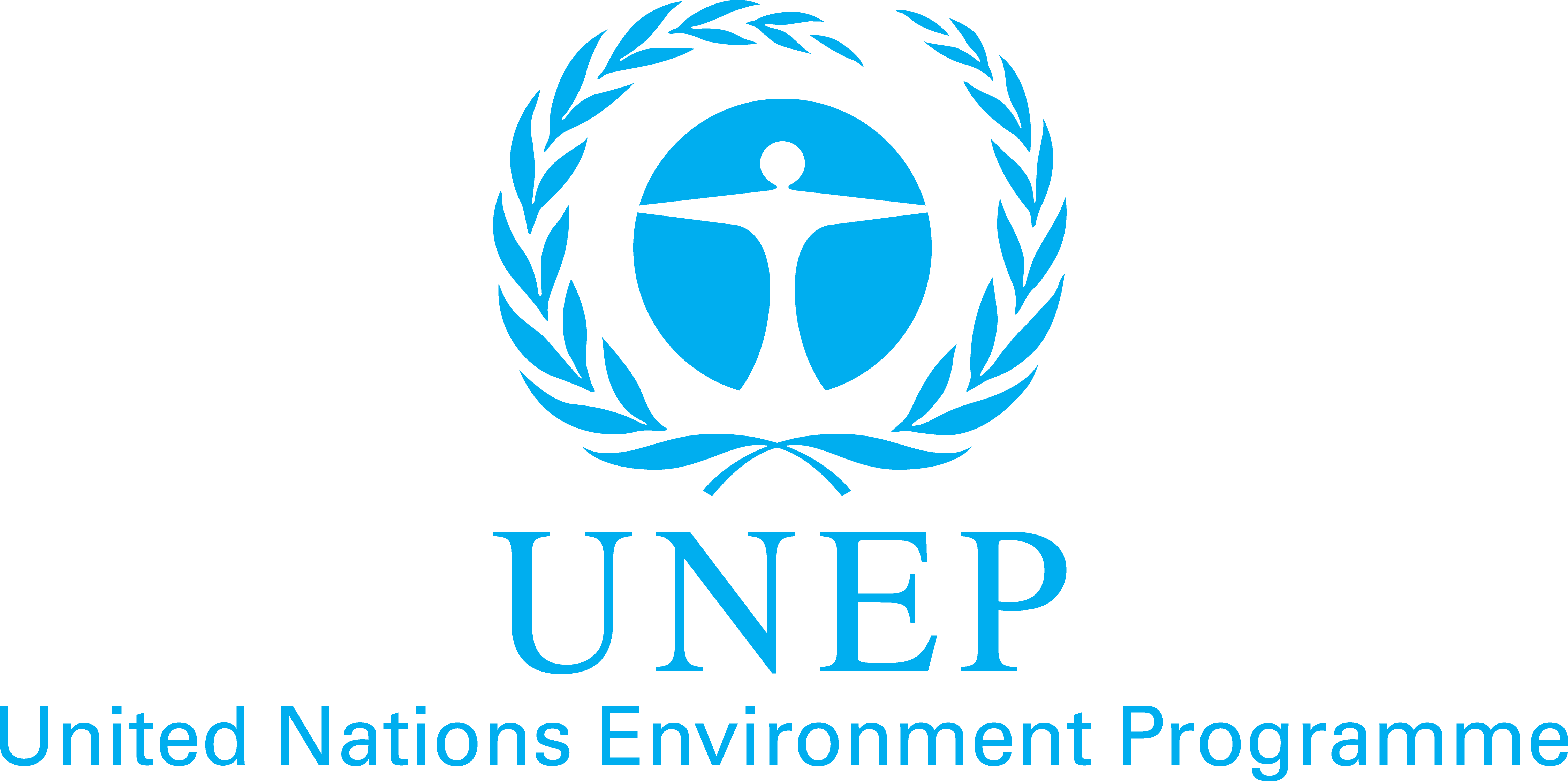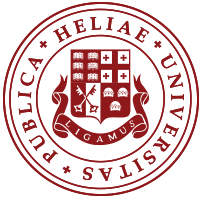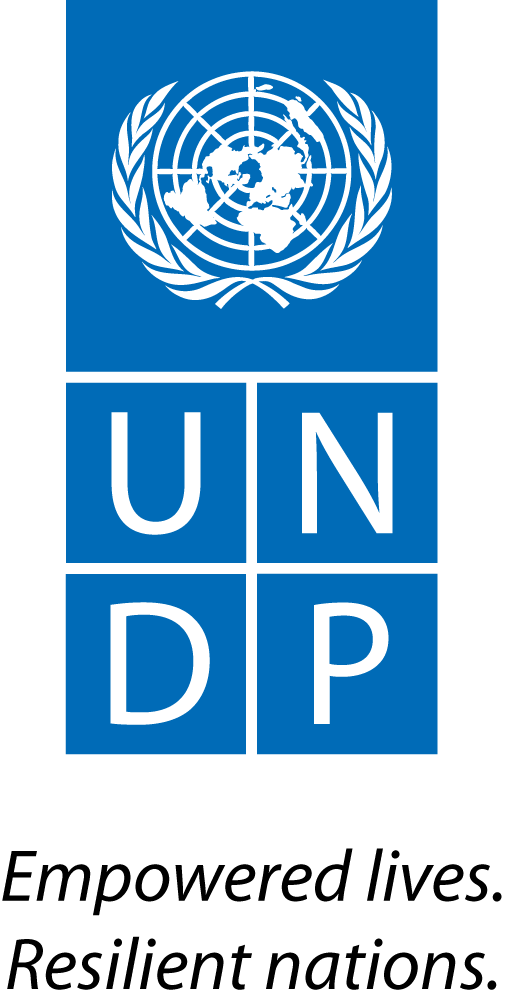Georgia Facing Imminent Environmental and Energy Crisis
According to research conducted by Georgian and international organizations, the Georgian population consumes at least 2.5 mln m3 of firewood annually, which is four times the amount allocated by National Forestry Agency for “social cuts”. Firewood reporesent 30-35% of domestic primary energy supply and 90% of households in the regions counsume wood for heating. Despite its high importance as domestic energy source, firewood does not fall under the authority of the Ministry of Energy and is not a part of energy policy. It is considered as natural resource to be governed by the Ministry of Environment and Natural Resources. Nevertheless 75% of its use is obtained through illegal cuts and this continues for decades.
Excessive cutting causes forest degradation that leads to soil erosion, loss of biodiversity, floods, landslides and other natural disasters. More than 20 years of permanent pressure and overexploitation have resulted in critical degradation of forests causing the loss of biodiversity, soil erosion and landslides, flashfloods, loss of springs and other adverse effects.
Another problem with firewood is that in most cases the newly cut, highly moist wood, with low calorific value is consumed without drying, in poorly insulated houses and in inefficient, unsafe wood stoves -causing and respiratory health problems. This wasteful use of fuelwood cannot be sustained due to forest degradation and the regions are already facing a serious problem of heating fuel deficit.
A two conflicting problems of restoring sustainable forest management and addressing heating fuel deficit should be resolved simultaneously and this requires a complex approach and coordinated action on energy environmental, social, regional and business development policies.
Gasification of regions is only a part of solution, as low-income households in gasified regions still rely on firewood for heating. According to studies[1], 53% of rural households do not consume natural gas at all and 10-15% use it only partially. Besides, gasification of remote regions requires a lot of money and time and uneconomical. In addition, increase of gas consumption can undermine Georgia’s energy and economic security by making it more dependent on imports. This may eliminate the current economic activity related to firewood supply and consumption that can be estimated at about 150-200 mln GEL per annum.
Therefore, it is necessary to find alternatives for heating, that won’t damage the economic and energy security of the country.
UNDP funded studies suggest the waste biomass from forestry and agriculture operations as a potential alternative source of energy to replace firewood consumption at substantial level. This includes about 30-35% of the harvested logs remaining in the form of smaller branches and logs in the forests, vineyard and orchard annual pruning remains, hazelnut shells, as waste from tree trimming in the cities, straw and other potential sources. Modern biofuel - pellets, briquettes, chips produced from waste biomass are widely used in developed countries.
Energy efficiency is another important resource. Introducing efficient wood stoves and insulating the buildings could reduce wood consumption for 30-40% more.
The Ministry of Environment and its National Forestry Agency are working on the new forestry code and a state program for heating in regions (CENN). Under UNDP project, there is also an ongoing work on the Strategy and Action Plan for promotion of upgraded modern biofuels to ensure energy use of biomass residues and develop a segment of green economy. However, this efforts need to be complemented by a set of legal, institutional organizational measures at the central and local municipal levels and thus require the highest government attention and coordination. Creating a government coordinating council for addressing the current energy and environment crisis is the main recommendation of joint WEG and CENN policy paper prepared and presented to the government at the event organized by National Platform of Eastern Partnership Civil Society Forum in December 2016. There is no response yet and more advocacy efforts are needed along with analysis of policy alternatives for resolving the acute forestry and heating problem.
More information and recommendations can be found here:
Geo: http://weg.ge/sites/default/files/weg_cenn_sheshis_moxmarebis_problemebi.pdf
ENG: http://weg.ge/sites/default/files/forest_eng.pdf



























